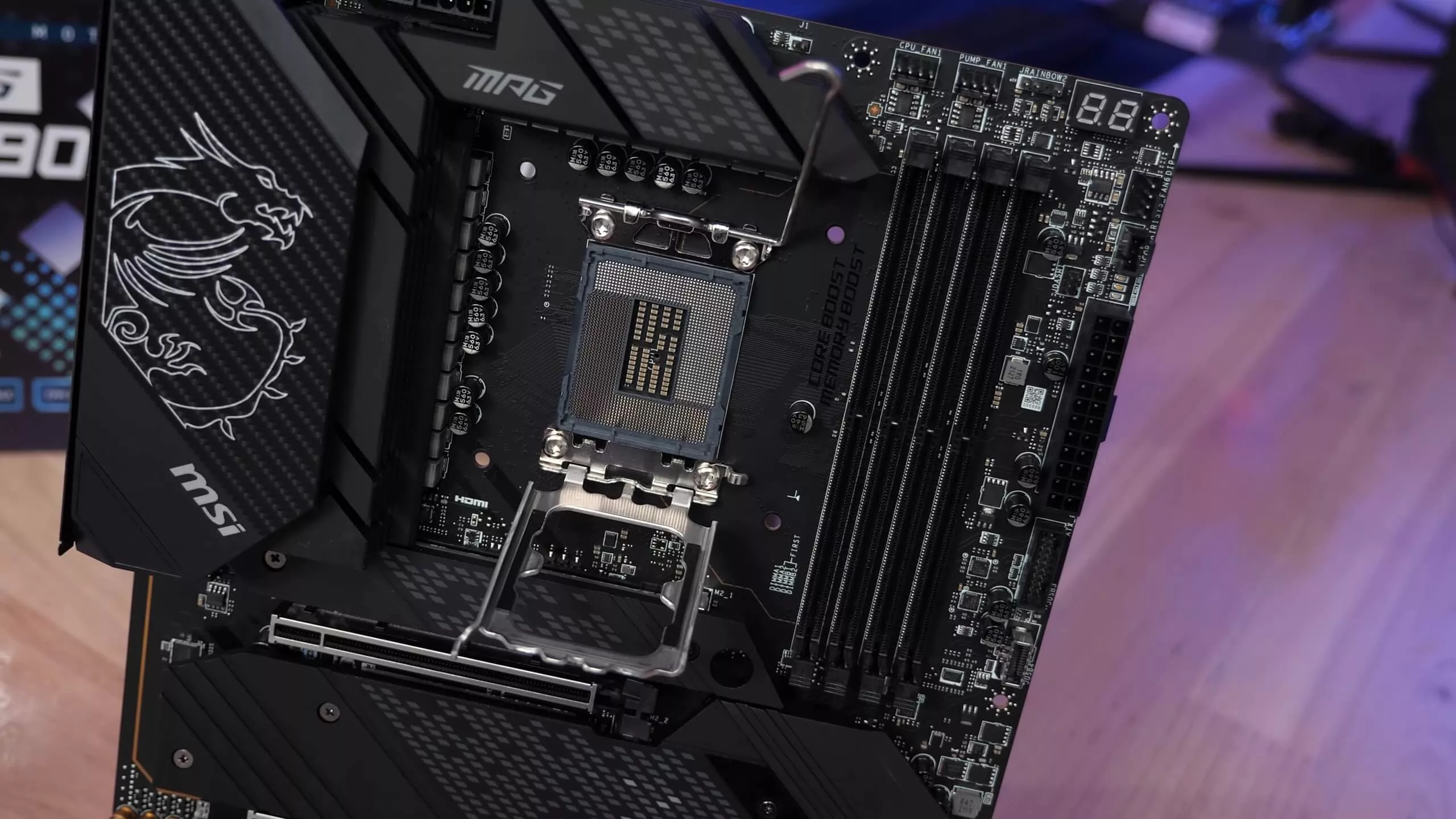In context: Alder Lake is proving more popular than many imagined, thanks to the chips’ excellent gaming and productivity abilities. And while they have the distinctive characteristic of mixing both Performance (P) and Efficiency cores (E), the non-K 65W models of the CPUs launching next month will be missing those E cores.

VideoCardz writes that the 12100F and 12400F from Intel’s 12th-gen sub-series will be the first Alder Lake SKUs without Efficiency cores. The Core i3-12100F will have 4 cores and 8 threads and boost to 4.3 GHz, which would place the entry-level chip on par with some of the higher-end models from older generations.
Courtesy of VideoCardz
Next is the Core i5-12400F, a CPU that features 6 cores and 12 threads and boosts to 4.4GHz. This lines up with leaks from November and is said to be the same configuration as the 12500 (4.6GHz boost) and 12600 (4.8GHz boost). The publication claims that the Core i5-12400F will likely fully implement the second Alder Lake desktop silicon variant known as H0.
Some specifications below are unconfirmed.
| 12900 | 12700 | 12600 | 12500 | 12400 | 12100 | |||
|---|---|---|---|---|---|---|---|---|
| P-Cores | 8/16 | 6/12 | 4/8 | |||||
| E-Cores | 8/8 | 4/4 | 0 | |||||
| P-Core Boost | 5.1 GHz | 4.9 GHz | 4.8 GHz | 4.6 GHz | 4.4 GHz | 4.3 GHz | ||
| P-Core Base | 2.4 GHz | 2.1 GHz | 3.3 GHz | 3.0 GHz | 2.5 GHz | ? | ||
| Cache | 30 MB | 25 MB | 18 MB | ? | ||||
There’s also the non-K version of the i7-12700K. The Core i7-12700F is said to be almost identical to the current Alder Lake CPU, which we awarded joint Best Value Productivity CPU winner, meaning the same 8 Performance Cores and 4 Efficiency cores. However, there are some differences: the boost clock of its Performance cores is 100MHz lower (4.9GHz), and it has a thermal design power of 65W, which is almost half the K version’s 125W.
The chips are expected to launch next month after Intel’s CES press conference that takes place on January 4 at 10 am PST.
We recently heard that although Alder Lake has boosted Intel's CPU-sales market share to its highest point of this year, AMD remains the dominant force.
https://www.techspot.com/news/92636-first-alder-lake-cpus-without-efficiency-cores-revealed.html
